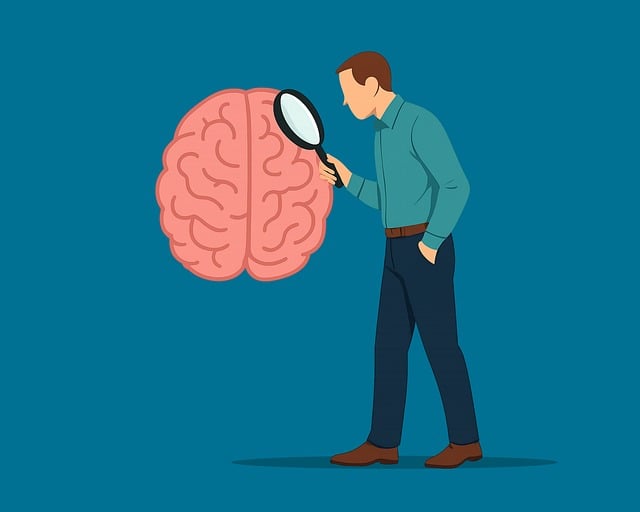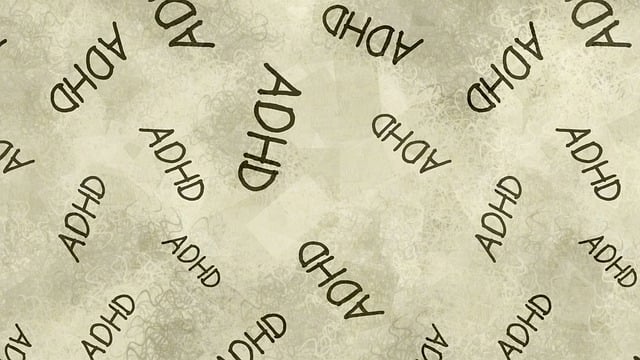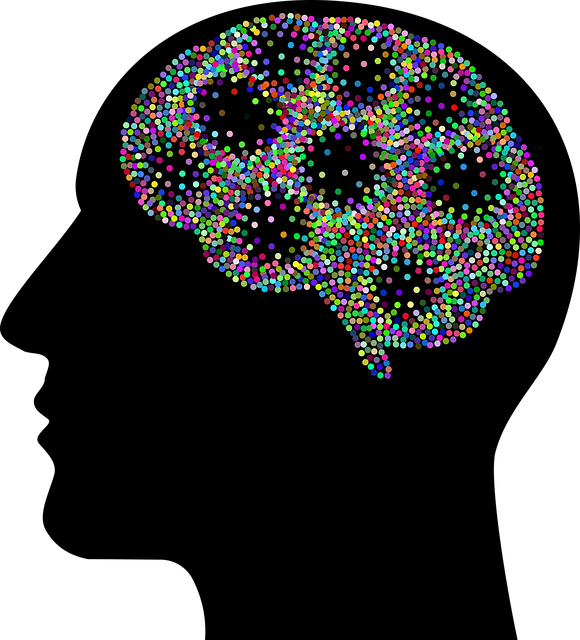Mental health data analysis offers profound insights into interpersonal issues prevalent in modern society through various primary and secondary sources. Preprocessing is crucial for cleaning and standardizing diverse data formats, addressing biases, and gaining accurate understanding. Examining therapy patterns reveals effective interventions like CBT for social anxiety, guiding personalized treatment plans. Advanced techniques like machine learning and NLP analyze textual data from therapy sessions to uncover stress management trends and improve care quality. Implementing these insights personalizes therapy, incorporates cultural awareness, and promotes evidence-based practices, ultimately enhancing outcomes for adults dealing with interpersonal issues. Keywords: Therapy for Adults Interpersonal Issues
Mental health data analysis is a powerful tool in understanding and improving therapy outcomes, especially for adults dealing with interpersonal issues. This article delves into the critical components of mental health data collection and interpretation, highlighting the importance of clean, structured datasets. We explore advanced techniques to uncover patterns and trends in therapy approaches, offering insights that can revolutionize treatment strategies. By implementing these findings, therapists can enhance their practices, ultimately improving the lives of adults facing interpersonal challenges through tailored and effective therapy.
- Understanding Mental Health Data: Collection and Sources
- Preprocessing and Cleaning Data for Accurate Analysis
- Identifying Patterns and Trends in Therapy for Adults with Interpersonal Issues
- Advanced Techniques for Interpreting Complex Data
- Implementing Findings: Enhancing Therapy Approaches and Outcomes
Understanding Mental Health Data: Collection and Sources

Understanding Mental Health Data involves navigating a complex landscape where various sources contribute unique insights. Primary data is often collected through clinical assessments and therapy sessions for adults, focusing on interpersonal issues prevalent in modern society. These may include standardized questionnaires, clinical notes, and structured interviews that capture symptoms, behaviors, and patient narratives.
Secondary sources enrich this picture by offering broader perspectives on mental health trends. Reports from government agencies, research institutions, and non-profit organizations provide data on prevalence rates, risk factors, and the impact of stigma reduction efforts. Additionally, studies exploring trauma support services and crisis intervention guidance offer valuable insights into effective interventions and their outcomes.
Preprocessing and Cleaning Data for Accurate Analysis

Before delving into mental health data analysis, preprocessing and cleaning the data is a crucial step to ensure accurate insights. This initial phase involves meticulously examining and preparing the dataset, addressing any inconsistencies or missing values that could skew results. For instance, in therapy for adults with interpersonal issues, data may include diverse formats like textual narratives, survey responses, and clinical notes. Standardizing these data types—converting text to numerical representations, imputing missing data, and removing outliers—is essential for reliable analysis.
Cleaning processes also involve identifying and handling biases that might be present in the data. This is particularly relevant when exploring topics like self-esteem improvement or compassion cultivation practices, where cultural, demographic, and socioeconomic factors can significantly influence outcomes. By carefully preprocessed data, researchers and practitioners can gain a clearer understanding of what works best for whom in fostering inner strength development, ultimately leading to more effective therapeutic interventions.
Identifying Patterns and Trends in Therapy for Adults with Interpersonal Issues

In the realm of mental health data analysis, identifying patterns and trends in therapy for adults with interpersonal issues is a game-changer. By scrutinizing large datasets, researchers can uncover valuable insights into effective therapeutic approaches and emerging challenges. For instance, analysis may reveal that certain types of therapy, such as cognitive-behavioral therapy (CBT), are particularly successful in treating anxiety related to social interactions, while other modalities might be more suited for addressing deep-seated trust issues within relationships. This knowledge can guide healthcare professionals and organizations like the Stress Management Workshops, enabling them to tailor interventions and create personalized treatment plans.
Furthermore, data-driven insights can highlight the significance of self-care practices and confidence-boosting strategies as integral components of therapy. Understanding that many adults struggling with interpersonal issues also grapple with stress management suggests a need for integrated solutions. Incorporating Self-Care Practices into therapeutic frameworks could prove beneficial, fostering resilience and empowering individuals to navigate social challenges more effectively. This analytical approach not only enhances the quality of care but also contributes to the development of comprehensive support systems that address the multifaceted nature of interpersonal issues.
Advanced Techniques for Interpreting Complex Data

In the realm of mental health data analysis, advanced techniques are instrumental in interpreting complex information gathered from various sources, including therapy sessions for adults with interpersonal issues. These sophisticated methods go beyond basic statistical analysis to unearth profound insights and patterns within the data. By leveraging machine learning algorithms and natural language processing (NLP), researchers can now analyze vast amounts of textual data, such as therapy notes, to identify recurring themes and sentiments associated with specific mental health conditions and interventions.
For instance, NLP can be employed to assess the impact of self-care routine development for better mental health by analyzing changes in patient narratives over time. This enables professionals to gain a deeper understanding of effective stress management workshops within organization settings, tailoring support to address interpersonal issues head-on. Such nuanced interpretations facilitate evidence-based decisions, enhancing the overall quality of care and promoting mental wellness among individuals navigating complex interpersonal challenges.
Implementing Findings: Enhancing Therapy Approaches and Outcomes

Implementing the insights gained from mental health data analysis is a powerful step towards enhancing therapeutic practices and improving outcomes for individuals seeking support for their interpersonal issues. Once patterns and trends are identified, therapists can tailor their approaches to better meet the unique needs of their clients. For example, understanding cultural or demographic factors influencing mental health can inform more inclusive therapy sessions, fostering a sense of belonging and empathy from the outset.
By incorporating data-driven insights, therapists can design interventions that target specific interpersonal challenges, such as communication barriers or relationship conflicts. This might include integrating empathy building strategies to strengthen client-therapist relationships, thereby encouraging open dialogue and vulnerability. Additionally, promoting emotional intelligence through emotional well-being promotion techniques can empower individuals to manage their emotions effectively, leading to more positive therapeutic outcomes and improved coping skills for navigating interpersonal difficulties in adulthood.
Mental health data analysis plays a pivotal role in understanding and improving therapy outcomes, especially for adults grappling with interpersonal issues. By effectively preprocessing and interpreting complex datasets, we can identify patterns that guide evidence-based practices, ultimately enhancing the effectiveness of therapy approaches. Advanced techniques, such as machine learning algorithms, offer promising avenues to uncover hidden trends, ensuring personalized and tailored interventions. This comprehensive analysis not only improves current therapeutic strategies but also paves the way for future research and better mental health management.














